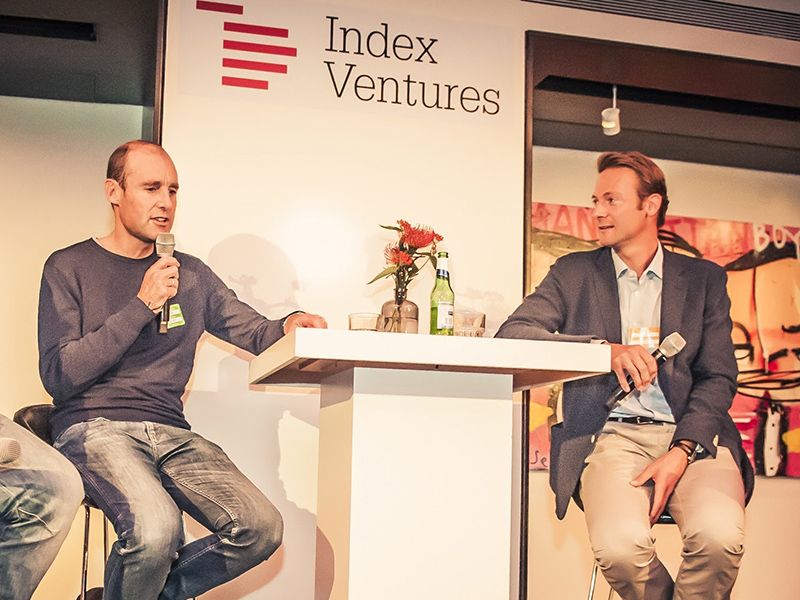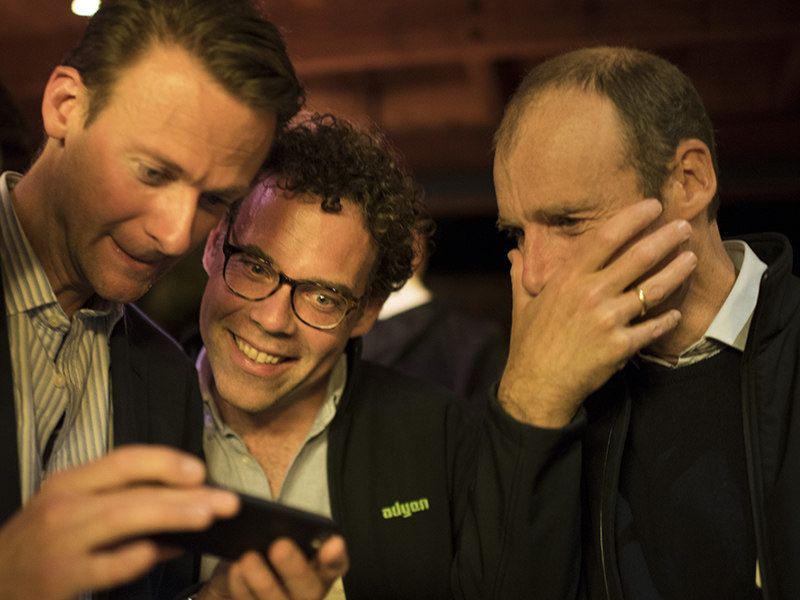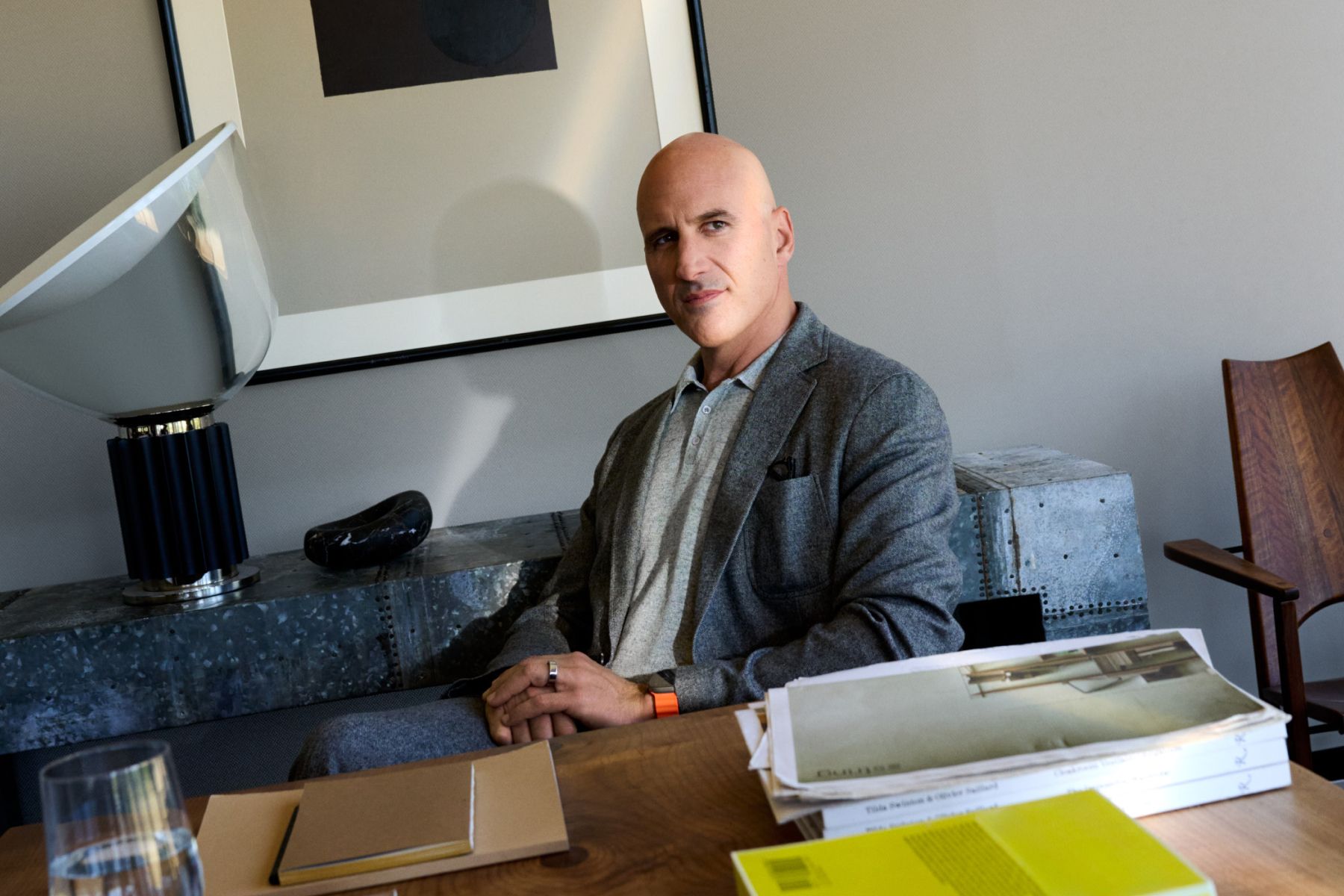Adyen: A Global Success Born in Amsterdam

When Adyen launched back in 2006, its founders were convinced they had a powerful business not just for the Netherlands, but for the world.
Twelve years later, their confidence and international ambition has paid off. Adyen is one of the Europe’s biggest success stories, embracing the complexity of the payments world as an opportunity rather than a problem to overcome.
Today’s IPO on Amsterdam’s Euronext exchange is a big day for the company, and for fintech startups reinventing the centuries-old financial services industry. Most importantly, it represents the power and diversity of startups that are increasingly international, and building products with a global vision.
I first met Adyen’s founders Pieter van der Does and Arnout Schuijff in early 2011, having heard of them years earlier when they successfully sold their previous payments company, Bibit, to Royal Bank of Scotland (where Bibit became the foundation of Worldpay’s online business). During our meeting at the small, crowded Adyen office at Stationsplein in Amsterdam, Pieter outlined the new type of payments company he was building: one that would work across borders, accept hundreds of payment methods and function seamlessly wherever and however customers wanted to pay. He envisioned a world in which companies would expand quickly and be able to operate online, offline and on mobile. We thought the scale of their global ambition in a highly regulated space was bold to say the least, but intriguing.
Adyen’s beauty lies in its simplicity: It resolves all those problems by bringing every payment into a single, streamlined platform.
When Pieter and Arnout launched Adyen, merchants everywhere relied on - and in most cases still do - a patchwork of solutions to navigate the multitude of different payment options, geographies, currencies and banking regulations. Merchants faced high transaction costs, slow implementation, time consuming country-by-country expansion, inconsistent reporting, inadequate fraud detection, poor consumer experience and, worst of all, many rejected payments.
Adyen’s beauty lies in its simplicity: It resolves all those problems by bringing every payment into a single, streamlined platform. It took multiple complex technological processes, and made them simple. We’d already seen many of our portfolio companies run up against the issues Adyen was addressing, and when Pieter shared his vision we all knew this was a winner.
But there was one problem: the company wasn’t raising money. It was already profitable, operating across four continents and had global customers signing up, so Adyen simply didn’t need our cash. In a very Dutch no-nonsense way, Pieter told us to make an offer and hinted that, in the immortal words of Alec Baldwin, companies should “always be closing”. In the end it wasn’t the size of the round or the valuation that brought us together, but our mutual ambition to build a global business that was truly transformational.

Index's Jan Hammer with Pieter (Adyen's CEO) and Roelant (Adyen's CCO) at Index Ventures annual event for CEOs and founders
Since then, Adyen’s execution has been near flawless, as witnessed by the stellar client roster as well as revenue growth. The team has shown a real clarity of purpose from day one and has stayed focused, not allowing themselves to be distracted by too many new features or off-strategy opportunities.
Adyen is proof that even in a traditional and highly regulated industry, building a powerful, global business is possible. And there is still an astonishing amount of room for Adyen, and the fintech industry, to expand. Adyen processed €108 billion in transactions in 2017 out of total estimated global card purchases of $23 trillion, according to Nilsen. As more of the world’s 85% of offline transactions shift online, that figure can only grow.
Knowing the team at Adyen, today will be a pretty ordinary work day - despite the intense media and investor interest. We hope they allow themselves a moment to reflect on where they started and how far they’ve come.
But it’s not just the tech, the focus, and the size of the market: what’s made this company excel is its culture. Known as the Adyen formula, the team have created an extremely unique culture of teamwork, respect and ethics. It’s created a fabric of trust, and a foundation for long-term success.
In general, fintech has been an important focus for Index for many years, and we’ve been very bullish on the impact it will have on how businesses and individuals manage money. We’ve been fortunate to be early backers of several successful players including Funding Circle, iZettle, Robinhood, TransferWise and Wealthfront. Most exciting for us is the opportunity these companies have to make financial services more transparent, cheaper and accessible in every corner of the world.
Knowing the team at Adyen, today will be a pretty ordinary work day - despite the intense media and investor interest. We hope they allow themselves a moment to reflect on where they started and how far they’ve come.
We couldn’t be more proud of what Pieter, Arnout, Ingo and the whole team have achieved in just a few years, and can’t wait to see what they do next.
Published — June 13, 2018
-

-
